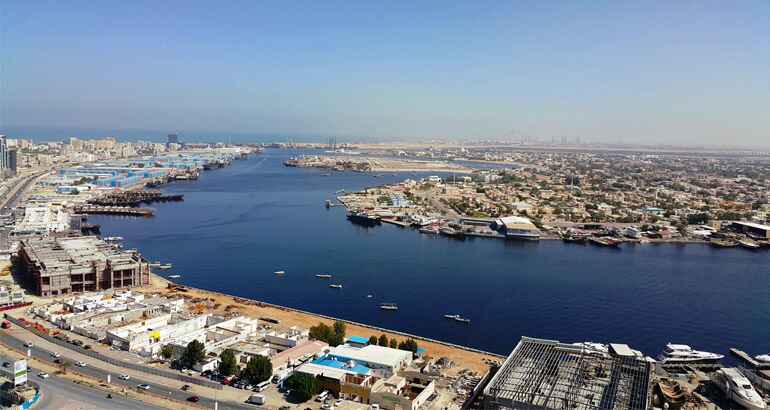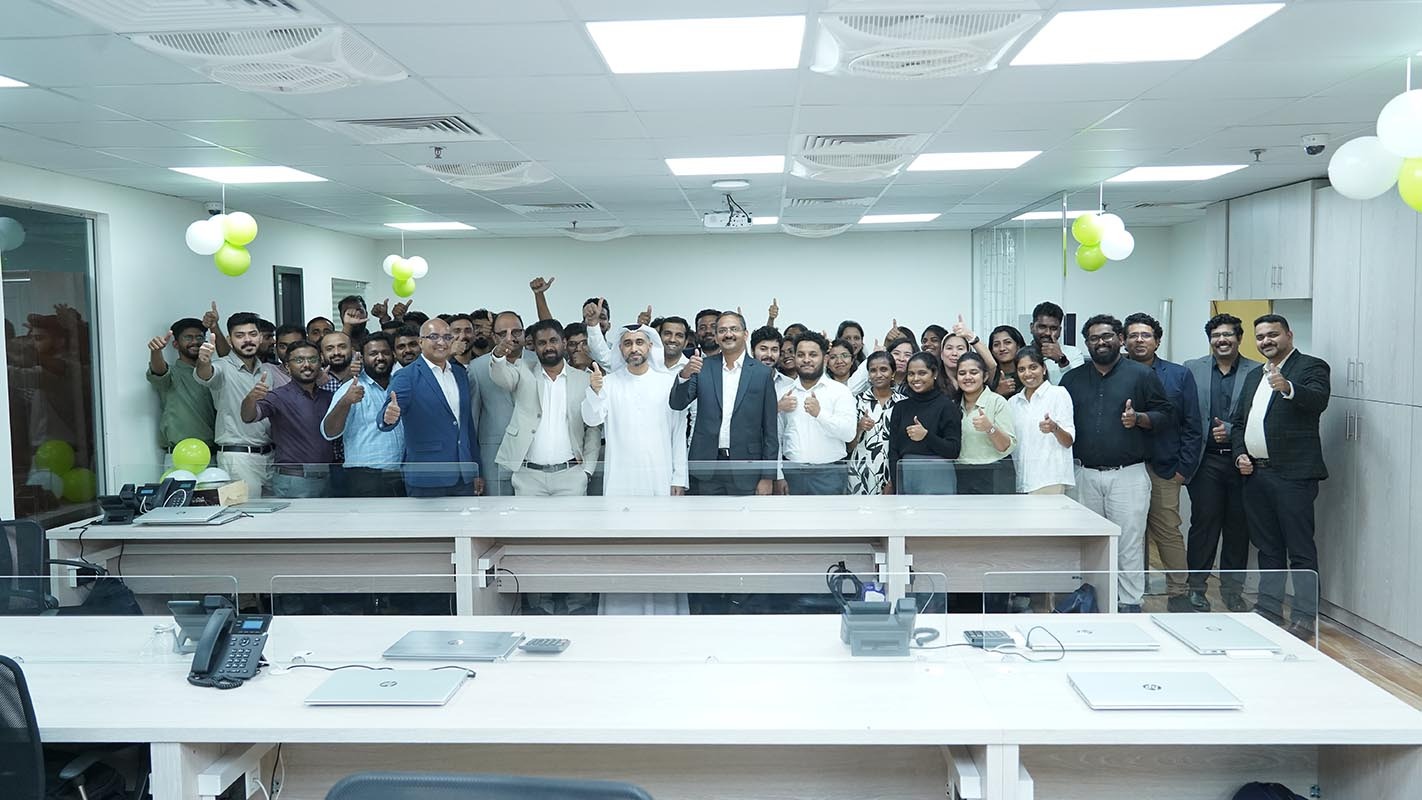Foreign Direct Investment or FDI plays a huge role in the development of the economy of a country. It can be defined as being the amount of fund invested by an entity (either a corporate or an individual) located in one country into a business which is established and conducting its business in a different country. Such foreign investments not only help bring in more funds in the economy but also help in the development of the people.
In September 2017, the Government of the UAE amended the UAE Commercial Companies Law to allow the UAE Cabinet of Ministers the flexibility to permit increased levels of foreign ownership by non-AGCC nationals (Foreign Investors) in certain companies and sectors of the economy (through Federal Decree-Law No. 18 of 2017). The UAE Foreign Direct Investment Law (the FDI Law, Federal Decree-Law No. 19 of 2018) introduced a framework under which foreign investors may apply to own more than 49% of the shares in the capital of companies incorporated ‘onshore’ in the UAE.
These laws will provide a basic knowledge of the benefits of investing foreign funds in the country and will also allow Foreign Direct Investment with 100% ownership across 122sectors and activities of the country. This is a great initiative to give a boost to the economy, especially now when the Corona Virus pandemic hits the whole world.
Objectives of the Law
The FDI Law establishes a framework and pathway towards enabling 100% foreign ownership of UAE Limited Liability Companies (LLC) outside of the various UAE designated free zones. Up until the promulgation of the FDI, all onshore LLCs in the UAE were subject to foreign ownership restrictions meaning a foreign investor could only hold a maximum of 49% of the share capital with a UAE national or company holding as a minimum 51% of the LLC’s shares. As explained below, the FDI Law has removed the foreign ownership ceiling in certain sectors. However, as with most new legislation, further guidance and clarity is expected as to how the FDI Law will be interpreted and implemented in practice. The provisions of the Law don’t apply on the financials and non-financial free zones.
Scope of Application
To understand more about Federal Law, we have to understand the two specified list of activities. These are:
1.The Negative List
Under Article 7 of Federal Decree-Law No. 19/2018, FDI activities are permitted in certain industry sectors provided the same do not appear on the ‘Negative List’, i.e., areas of economic activity where foreign ownership in whole or part will continue to be prohibited-which simply reflects existing arrangements (the Negative List). The following activities have been included in the Negative List:
- Oil exploration and its production
- The investigation, security, military (including manufacturing of military weapons, explosives, military hardware, equipment, and clothing, etc.)
- Banking and Financing activities
- Insurance
- Pilgrimage and Umrah services
- Specific recruitment activities
- Water and electricity provision
- Fisheries and related services
- Telecommunication and other audio visual services
- Road and air transport
- Printing and publishing
- Commercial agency
- Medical retail activities, including pharmacies
- Blood banks, quarantines and venom/poison banks
2.Positive List
The FDI Law provides for a “positive list” of activities in which up to 100% foreign ownership by Foreign Investors may be permitted, subject to certain criteria being satisfied. The FDI Law stated that the UAE Cabinet had the discretion to issue and amend the “positive list” by way of resolution. Reports emerged in mid-2019 that the UAE Cabinet had approved the “positive list” but that list was not formally adopted or published in the UAE Official Gazette. On 17 March 2020, the UAE Cabinet issued a Cabinet Resolution setting out the ‘Positive List of Economic Sectors and Activities in which Foreign Direct Investment is Permitted’ (the Positive List Resolution – Cabinet Resolution No. 16 of 2020). The Positive List Resolution is expressed to become effective from the day on which it is published in the Official Gazette. The Positive List Resolution has been published in the Official Gazette dated 31 March 2020 so is now in effect.
122 economic activities are specified in the “positive list” that is attached to the Positive List Resolution, including (amongst others) activities in the following sectors:
- Agriculture
- Manufacturing
- Transport and Storage
- Hospitality and Food services
- Information and Communications
- Science and Technology
- Healthcare
- Education
- Art and Entertainment
- Construction
The Positive List Resolution also provides, on a case by case basis, minimum share capital requirements which will need to be met for companies that are or become owned 100% by Foreign Investors and are licensed to carry on activities contained in the “positive list”, and imposes other requirements that will need to be satisfied by Foreign Investors in relation to certain activities. It also allows the competent licensing authority in each Emirate and industry specific regulators to impose additional conditions on such companies and provides that Emiratisation requirements may be imposed by the UAE Ministry of Human Resources and Emiratisation on companies that are owned 100% by Foreign Investors.
How to license an FDI project (Mentioned under the positive list)?
The UAE Government has recognized a set of 9 steps that need to be followed by any business which intends to conduct the business activities mentioned in the positive list with 100% Foreign Direct Investment. The maximum period for the approval of the FDI license application for sectors within the positive list is 5 working days only. The steps are:
1)Select Business Activity
First and foremost, a business needs to select the type of business activity which is mentioned in the positive list. The legal forms available are Limited Liability Company (LLC) and Private Joint Stock Company (PJSC) including Sole Proprietorship Company.
2)Arrange Capital
The capital required has been specified by the government and should not be less than the mentioned amount.
3)Submit the License Application form
The license application for Foreign Direct Investment must be submitted after obtaining the initial approval.
4)Reserve Trade name
The trade name must be followed by the indication of the legal form of the company and the words “Foreign Direct investment.”
5)Get Approvals
Once the trade name is approved, the business must get the necessary approvals from the concerned authority or ministry.
6)Join the Club
Businesses have to join the Tawteen Partners Club. To join this club, the business must provide proof of submission of the license. Once joined, submit the proof of Submission for joining the Club to the concerned regulatory authority
7)Obtain Approval
The business must pay the required amount of fees and, after the payment of fees, should receive approval and Foreign Direct Investment License.
8)Open a Bank Account
This is a very important step. The business must open a bank account under the name of the entity and deposit 20% of the capital into the account.
9)Registration of License
Foreign Direct Investment License has to be registered with the Ministry of Economy (MOE).
This step taken up by the government of the United Arab Emirates is a very welcome one, especially at these perilous times. Foreign Direct Investments will play a huge role in the development of the economy, and this move of the government will help in increasing the total amount of FDI in the region.
Businesses can take advantage of many benefits and guarantees, such as:
- 100% ownership
- No expropriation – Ensuring the property is not expropriated except for public benefit in exchange of fair compensation
- The licensed FDI companies will be treated as national companies
- Any seizing or confiscating the project funds will require a court hearing
- Right to use real estate
- Make financial transfers for project returns outside the country
- Ensure the confidentiality of technical, economical and financial information and investment initiatives
Apart from the benefits mentioned above, companies can take advantage of many more additional privileges and benefits such as insert a partner or a number of partners, transfer of ownership to a new investor, change the legal form, merger, acquisition or liquidation, etc.
The present business scenario is very hard to navigate and will require a business to take external help in the form of a financial consultancy. This is where JAXA Chartered Accountants can help your business. We aim to provide quality financial services at competitive pricing. Our services include Accounting services, Auditing services, VAT-related services, FDI consultancy, Payroll services, and many more. To have a better look at the services provided by JAXA Chartered Accountants, Contact Us. We will be glad to answer any of your questions.





